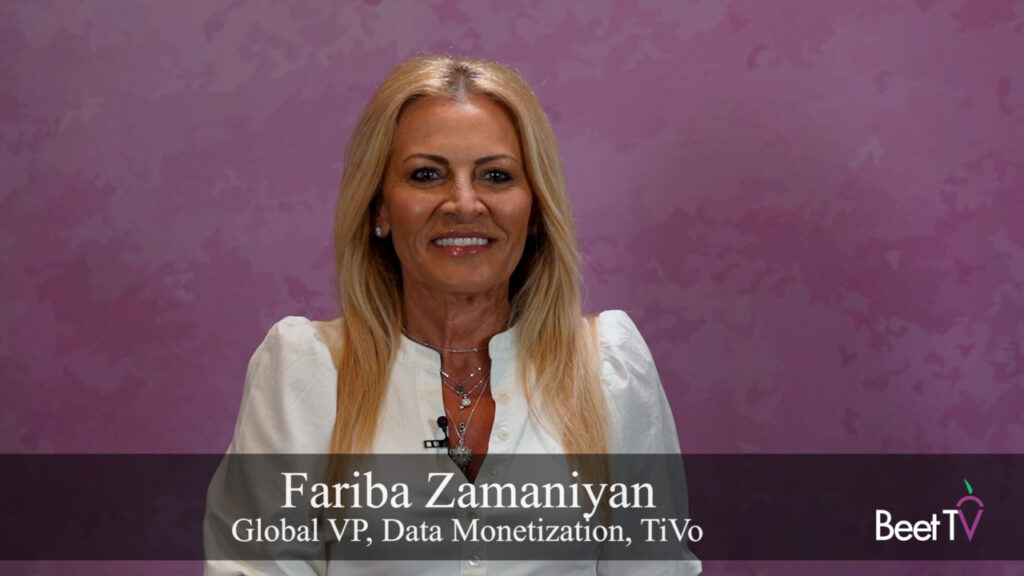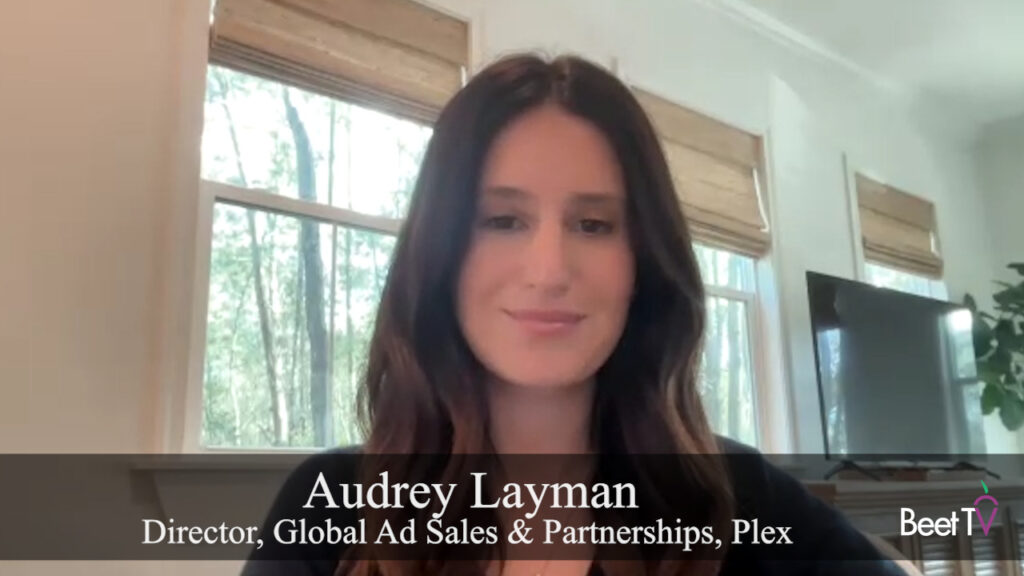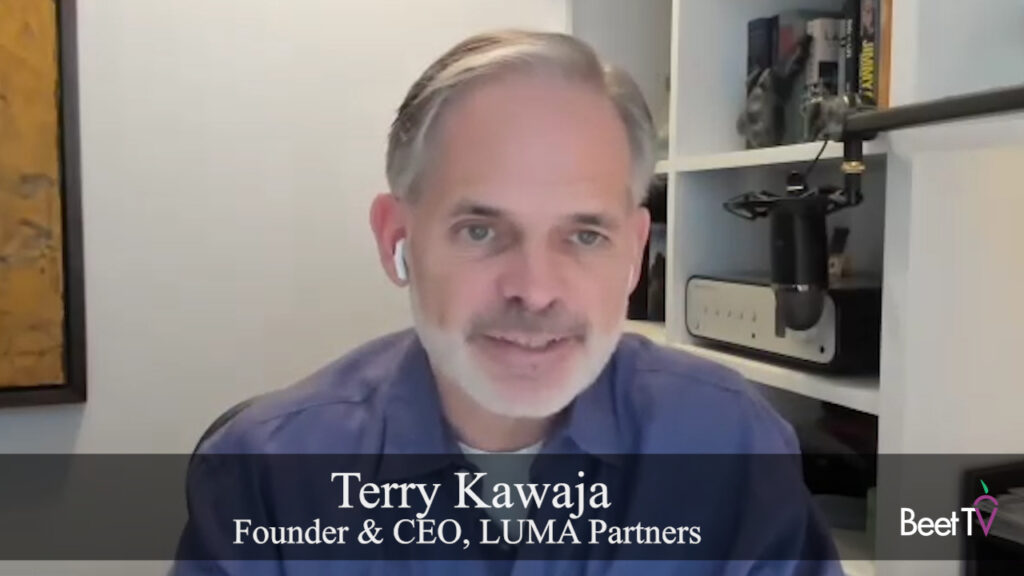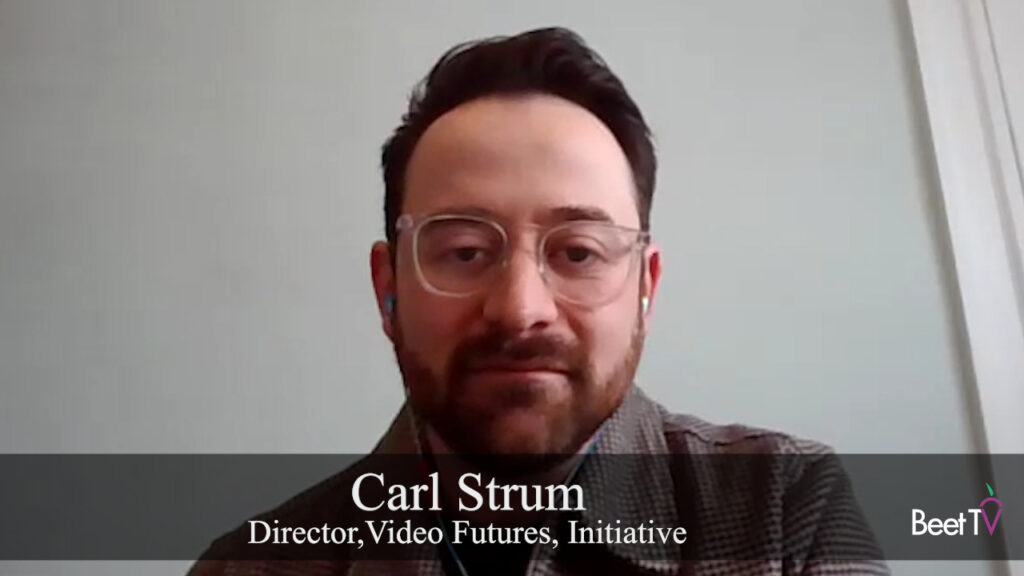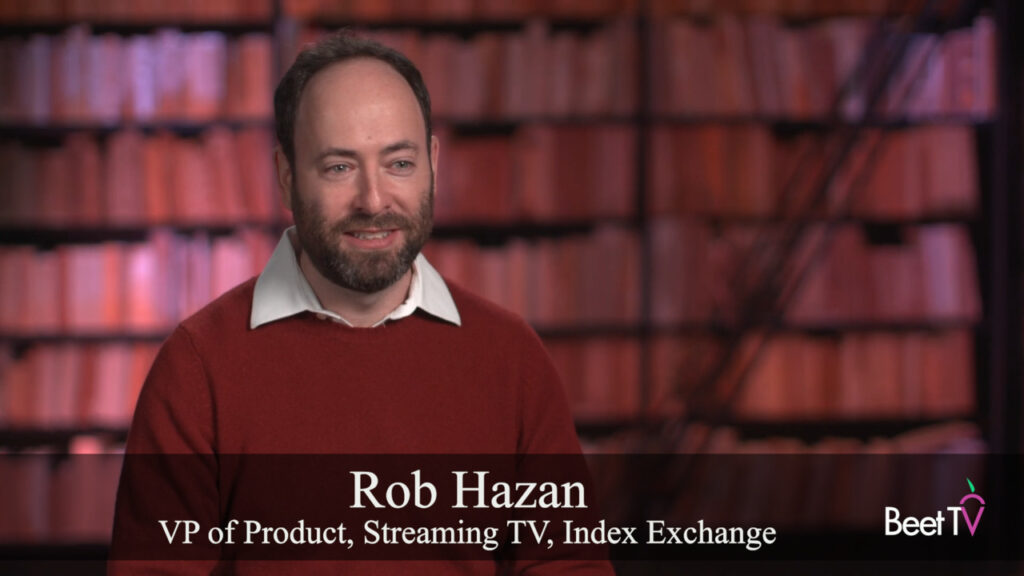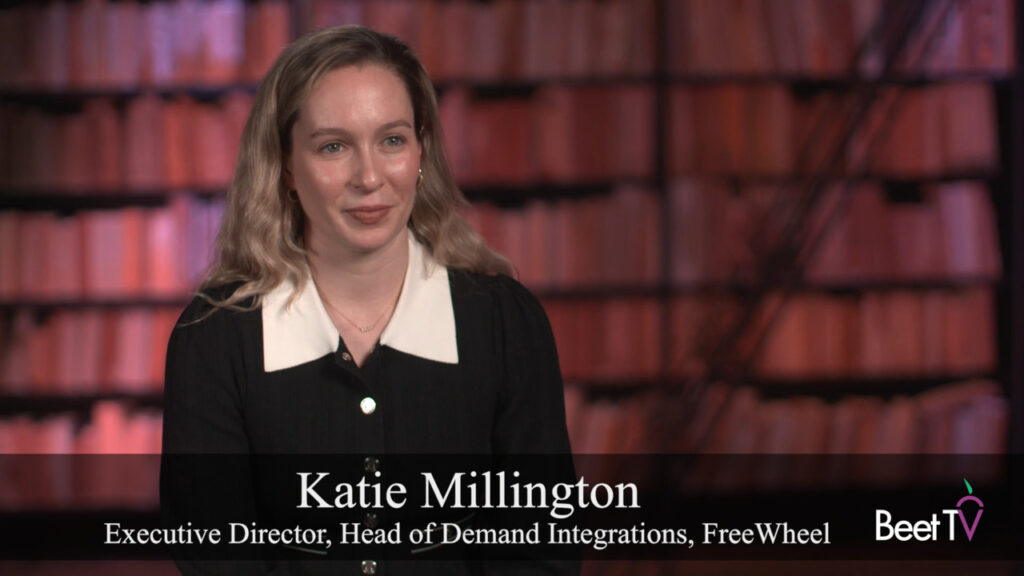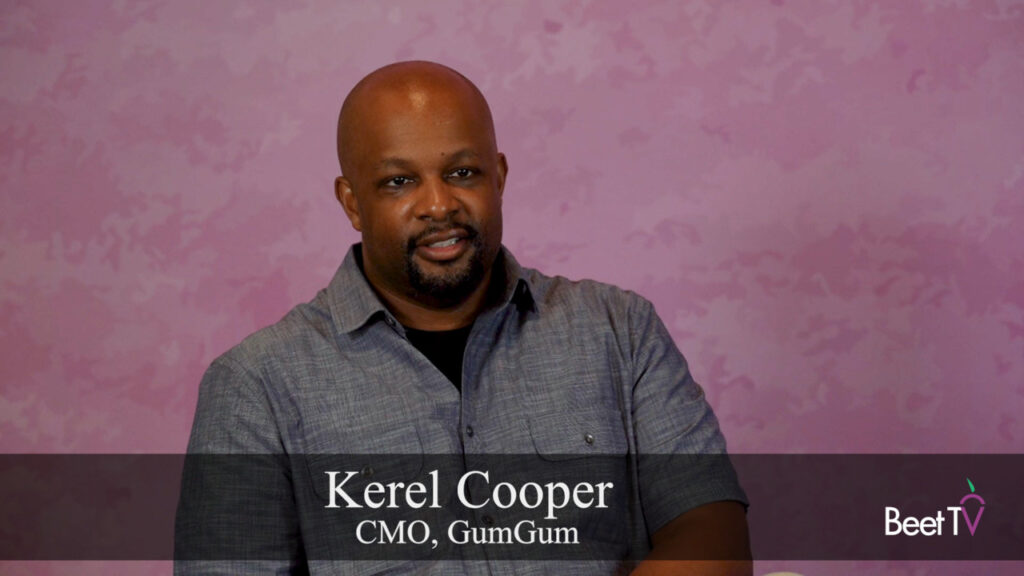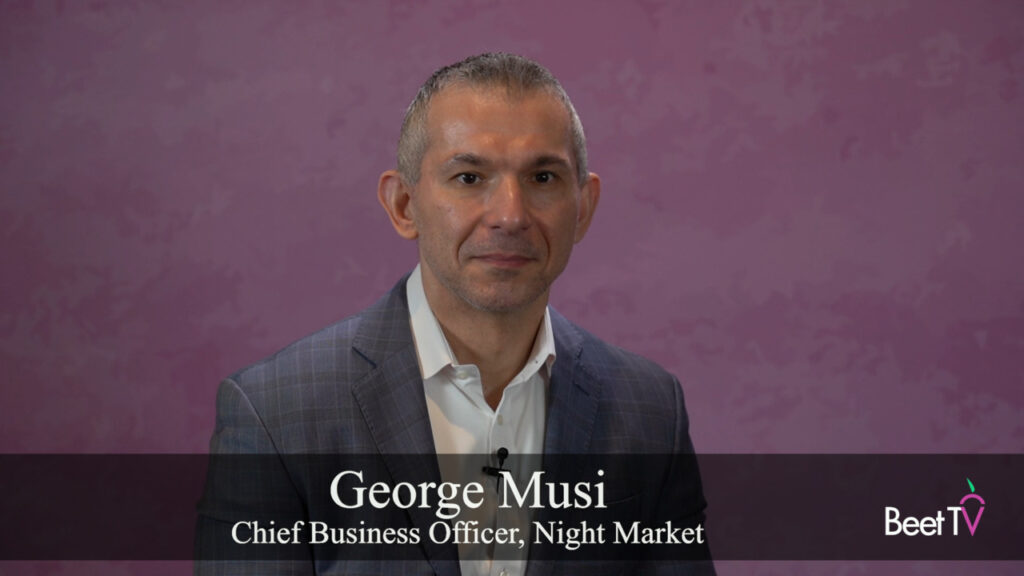Technology will keep changing the way marketers tell stories about their brands as they seek to engage consumers on digital platforms. Social commerce, metaverses and blockchain systems are three trends whose importance will become more apparent throughout 2022.
“Social commerce is one of these massively growing areas of both engagement and brand interest, and we’ve seen that increase throughout the pandemic,” Jeremy Cohen, vice president and head of global content partnerships at Publicis Groupe, said in this interview with Beet.TV.
Social media platforms such as Facebook, Pinterest and TikTok have either developed software tools to help businesses sell products and services online or have initiated pilot programs to support ecommerce.
“What we’ve seen is somewhat of an arms race in the world of ecommerce and social commerce to develop tools that make it as seamless as possible for people to transact and actually make purchases on the platform,” Cohen said. “It’s been generally a very positive development for brands.”
Making platforms more interoperable so that marketers can more easily do things like uploading their product catalogs without additional customization would support more shopping activity, he said.
“That’s been a barrier to entry — as great as the tools on social platforms are for facilitating commerce,” Cohen said. “I expect that trend to be addressed in 2022, and that will only facilitate more growth in the world of social commerce.”
Multiple Metaverses
The term “metaverse,” which first appeared in the science fiction novel “Snow Crash” by Neal Stephenson, recently gained more attention after Facebook renamed itself as Meta Platforms and announced plans to develop a computer-generated universe. In that parallel virtual reality, people will work, play and interact as digital avatars.
Cohen said marketers shouldn’t think of the metaverse as a singular place, and instead be prepared for the appearance of multiple metaverses. In each one, brands can set up a virtual presence that’s more immersive than setting up a profile page on a social network. Some examples include social video games like Roblox and Epic Games’s “Fortnite.”
“Right now we’re seeing the early stages with many different metaverse experiences and models popping up seemingly every day,” Cohen said. “When we talk about clients, a lot of the conversation is around properly defining the metaverse.”
Web 3.0 and Blockchain
The next anticipated stage in the development of the internet is Web 3.0, or the third generation of the World Wide Web. Web 3.0 will incorporate blockchain technology, which is best known for keeping an indelible record of cryptocurrency transactions. Because blockchains are decentralized, they can offer greater anonymity to consumers, which has implications for marketers in their audience targeting.
“One of the most prominent examples of that for brands right now is Decentraland, a virtual real estate world that allows people to essentially build experiences in the way that you would do events in the physical world,” Cohen said. “The idea of the blockchain and the ownership that it provides to stakeholders, whether they be consumers, whether they be brands — it’s really going to reinvent how we think about our digital lives.”
Brand Authenticity
Consumers increasingly are gravitating toward brands that share their values and to be genuine. Cohen said he expects authenticity to be a prominent theme in brand storytelling.
“What’s interesting about storytelling in 2021 and moving into 2022 is the real value is around access and being able to see the story behind the story,” he said. “As brands dig deeper into this dynamic, it’s not about aligning with the right personalities or telling a story that is purely to facilitate a brand outcome. It’s how do you take the values of a brand, the core tenants of brand’s mission and bring it to life through storytelling?”
You are watching “Engaging Stories, Impactful Innovation,” a Beet.TV Leadership Video Series presented by WarnerMedia. To view more videos from this series, please visit this page.























